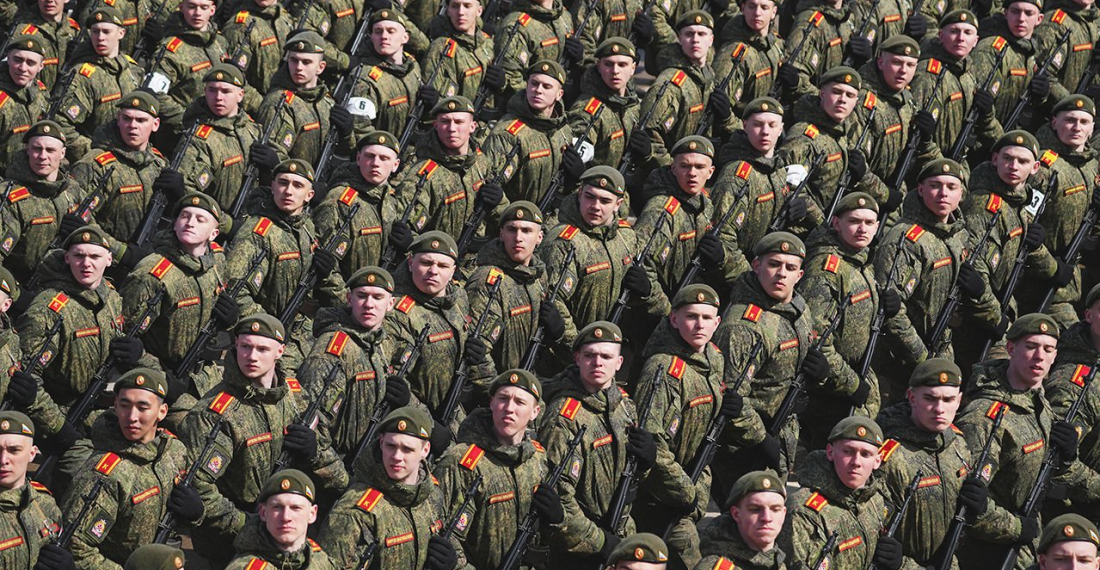Russian President Vladimir Putin has signed a decree increasing the size of the Russian armed forces from 1.9 million to 2.04 million. This increase includes a 137,000 person increase to the number of combat personnel, representing a boost of some 10% in troop numbers.
The decree, which will come into force on 1st January 2023, calls to “set the full-time strength of the armed forces of the Russian Federation at 2,039,758 units, including 1,150,628 combat personnel”.
The last time Vladimir Putin signed such a decree was in November 2017, which set the number of combat personnel at 1,013,628 units, out of a total armed forces headcount of 1,902,758.
The decree comes as Russia’s invasion of Ukraine has stalled along much of the frontline, with Defence Minister Sergei Shoigu claiming that they have deliberately slowed down their offensive to save Ukrainian civilian lives. A recruitment drive is taking place across the country, with people being offered huge cash incentives to enlist. The level of enthusiasm for voluntary combat military service is, however, "very limited", according to a statement from the UK Ministry of Defence released two weeks prior to the decree.
While Russia has not updated its official military losses since the first weeks of the war, when it said 1,351 of its soldiers had been killed, western estimates suggest the real figure could be far higher. As of 25th August, the Ukrainian Defence Ministry says Russia has lost almost 46,000 troops, while some western estimates say that as many as 70-80,000 Russian soldiers have been killed, wounded or deserted since the start of its full-scale invasion on 24th February 2022.






